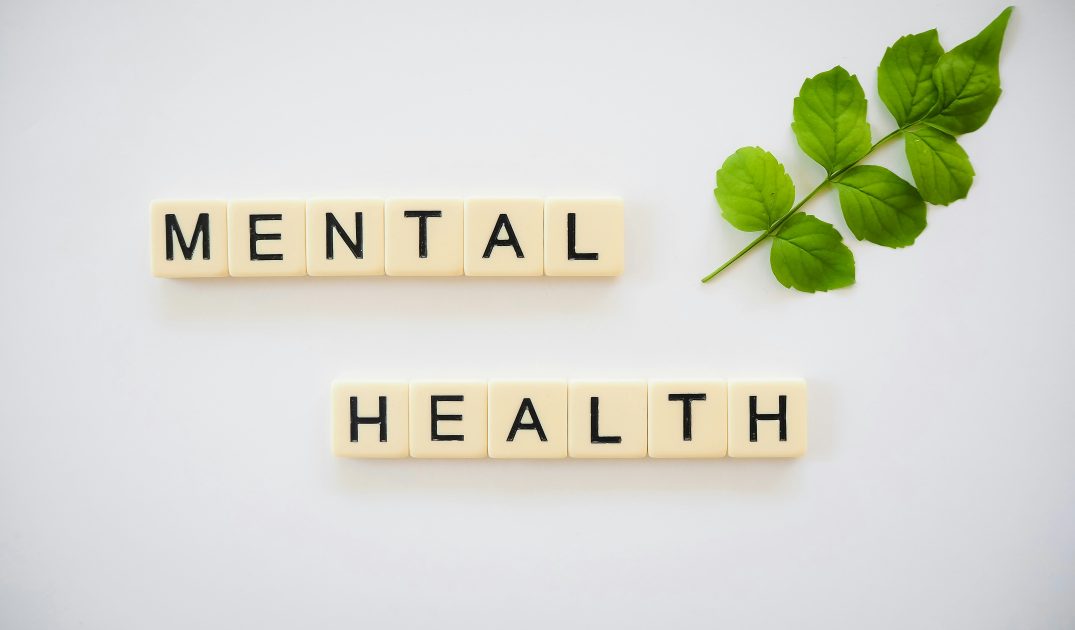Dreaming is a natural part of human sleep. It happens during the REM (rapid eye movement) stage. During the REM (rapid eye movement) stage of sleep, your brain becomes highly active while your body remains mostly paralyzed. This is when vivid dreams occur, and functions like heart rate and breathing become irregular. REM sleep plays a key role in memory, emotional processing, and creativity.
But why do we dream? Scientists, psychologists, and philosophers have asked this question for centuries. While the full answer is still unclear, research continues to uncover important clues.
This article will explain what dreams are, why we may have them, and what they might mean. You will also find facts, statistics, and answers to common questions people search about dreaming.
What Are Dreams?
Dreams are vivid stories or mental images that unfold in your mind while you sleep, often reflecting your thoughts, emotions, and experiences. Most dreams occur during the REM (rapid eye movement) stage of sleep, which typically starts about 90 minutes after you first drift off. In this stage, your brain becomes highly active, nearly as alert as when you’re awake, allowing for imaginative, emotional, and often surreal dream experiences to take shape.
Key fact: People usually dream for about two hours each night, even if they don’t remember it.
Why Do We Dream? 5 Common Theories
There is no single proven answer, but scientists have several strong theories to explain why we dream.
1. Processing Emotions
The emotional processing theory suggests that dreams play a key role in helping the brain sort through and manage feelings. If something caused you stress or anxiety during the day, your brain may revisit that experience in a dream to process it on a deeper level. This nighttime emotional sorting helps you cope more effectively and can reduce stress over time.
Stat: A 2020 study published in Frontiers in Psychology showed that REM sleep reduces the emotional intensity of painful memories.
2. Strengthening Memory
Some experts believe that dreaming supports memory consolidation, a process where the brain reviews, organizes, and stores new information during sleep. By sifting through recent experiences, dreams may help reinforce important memories while discarding less relevant details. This allows your brain to prioritize what to retain and what to let go.
3. Simulating Threats
The threat simulation theory suggests that dreams provide a safe environment to mentally rehearse threatening situations. This may have given early humans an evolutionary advantage by helping them stay alert and respond quickly to danger. For instance, dreaming about being chased could train your brain to react more effectively in real-life emergencies.
4. Reflecting the Subconscious
Sigmund Freud, a famous psychologist, believed that dreams reveal hidden desires and fears, a concept known as psychoanalytic theory. According to this view, dreams serve as a window into the unconscious mind. While modern psychology has challenged some of Freud’s ideas, many still believe that dreams reflect our deeper thoughts and emotions.
5. Keeping the Brain Active
Some scientists propose the activation-synthesis theory, which suggests that dreams result from the brain remaining active while the body rests. According to this view, dreams don’t necessarily have deeper meanings; they’re simply the brain’s way of making sense of random signals during sleep. In essence, dreams might be more biological than symbolic.

The Main Types of Dreams We Have
Dreams come in many forms, ranging from joyful and imaginative to strange or even unsettling. They can be vivid, blurry, emotional, or completely nonsensical, often shifting without clear logic or structure. Each type of dream may reflect different aspects of your thoughts, feelings, or daily experiences. Each dream may possess different meanings or causes, depending on who is dreaming and what their specific backgrounds are.
1. Lucid Dreams
A lucid dream occurs when you become aware that you’re dreaming while still inside the dream. In this state, some people can influence their actions, make decisions, or even alter the dream environment, creating a unique and conscious dreaming experience.
Fact: About 55% of people have experienced at least one lucid dream in their lives.
2. Recurring Dreams
Recurring dreams are dreams that repeat over time, often with similar themes or scenarios. They may point to unresolved emotions, stress, or ongoing concerns in your waking life that your mind is trying to process.
3. Nightmares
Nightmares are intense, disturbing dreams that often evoke fear, anxiety, or sadness. They can be triggered by factors such as stress, past trauma, sleep disorders, or even certain medications. Frequent nightmares may affect sleep quality and emotional well-being.
4. Prophetic Dreams
Some people believe that dreams can predict future events, a phenomenon often called precognitive dreaming. While there’s no scientific evidence to support this idea, many individuals have reported experiencing dreams that seem to mirror real-life events that happen later. These accounts keep the debate open between science and personal belief.
Do Dreams Have Meaning?
This is a common question for many. Some believe each dream has a deeper message. Others think they are random. The truth may lie somewhere in between. Dream interpretation is highly personal and often depends on the context of the dream, the emotions involved, and the dreamer’s unique life experiences. For example, a snake might symbolize danger to one person but represent transformation or renewal to someone else. The meaning of a dream can vary widely from person to person.
What Happens If You Don’t Dream?
Everyone dreams, even if they don’t remember it. If you rarely reach REM sleep, it can negatively affect both your body and brain. REM sleep is crucial for regulating mood, strengthening memory, and maintaining concentration. Without enough of it, you may feel emotionally off, forgetful, or mentally foggy.
Fact: Sleep studies show that people who are deprived of REM sleep may experience mood swings, memory problems, and even hallucinations.
The Science of Dream Recall
Some people can recall their dreams in vivid detail, remembering scenes, emotions, and even conversations. Others wake up with only a vague impression or no memory of dreaming at all. If you want to better remember your dreams, there are techniques you can try to improve dream recall and gain more insight into your subconscious mind. Here are some effective methods:

- Keep a dream journal near your bed – it helps you quickly write down dreams before they fade from memory. This habit improves dream recall and can reveal patterns or emotions hidden in your subconscious. Over time, it turns dreaming into a more meaningful and reflective practice.
- Write down your dream as soon as you wake up – to capture the details before they slip away. Dreams fade quickly, and recording them immediately helps preserve important symbols, emotions, and events for later reflection.
- Set an intention before sleep to remember your dream – such as silently saying, “I will remember my dreams when I wake up.” This simple mental cue can train your mind to become more aware of your dreams and improve recall over time.
Get consistent sleep each night – to support healthy dream cycles, especially REM sleep when most vivid dreaming occurs. A regular sleep schedule helps your body and mind stay in rhythm, making it easier to remember and understand your dreams.

Book About Dreams
Dreams:
The Magic of the Night
By Kenneth K. Gray
This book is perfect for anyone seeking to understand the messages and meanings hidden in their dream life. It offers a clear framework for interpreting dreams with real examples and thoughtful insights, making each chapter both personal and enlightening.
- Based on personal dream journals
- Step-by-step interpretations
- Perfect for dream seekers & learners
Frequently Asked Questions (FAQs)
1. Why do we dream every night?
Dreams are a natural part of the sleep cycle, especially during REM sleep. The brain remains active, which produces dreams.
2. Do dreams reflect our real thoughts?
Dreams may reflect emotions, memories, or ideas stored in your subconscious mind. They may also mix random thoughts.
3. Is it possible to stop nightmares?
Yes. You can reduce nightmares by lowering stress, avoiding alcohol, and setting a relaxing bedtime routine.
4. Why can’t I remember my dreams?
Dreams fade fast after waking. Lack of REM sleep, stress, or poor sleep habits can also make dream recall harder.
5. Are dreams linked to mental health?
Yes. Dream frequency and content often change with anxiety, depression, or PTSD. Therapists may use dream reports to help with treatment.
Final Thoughts: So, Why Do We Dream?
Dreams may play a powerful role in emotional healing, memory processing, and creative problem-solving. They could also simply be the brain’s natural way of staying active during rest. Although much about dreaming remains a mystery, growing research suggests that dreams aren’t random; they reflect our thoughts, emotions, and lived experiences in meaningful ways.
Take Action: Explore Your Dream Life
Want to understand your dreams better? Start a dream journal today. Keep it by your bed. Write down what you remember each morning. Over time, you’ll start to see patterns.
Keeping a dream journal can reveal patterns in your thoughts and emotions. Over time, you may notice recurring themes or symbols that offer insight into your subconscious. It’s a simple way to boost self-awareness and better understand your inner world.
For deeper insight into how dreams may carry divine messages, consider reading Kenneth Gray’s book. It offers a thoughtful perspective grounded in faith and personal experience.




